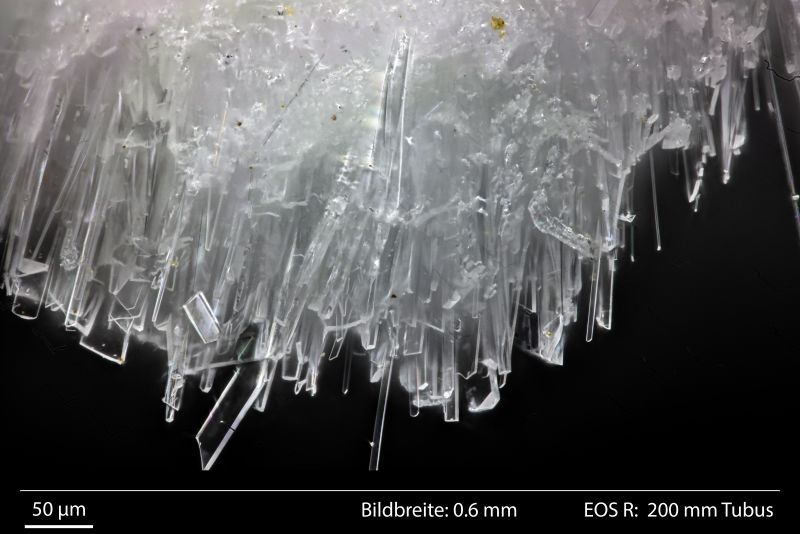
Forschung / Research
Research performed in the workgroups covers process-oriented research mainly on chemical sediments often using isotopes. One research focus is on carbonates (unconsolidated) and carbonate rocks (limestones, dolostones and various diagenetic cement phases) with biogenic (e. g. Cephalopods) or inorganic origin (e. g. cave calcite). We aim to combine detailed fieldwork with analytical and experimental work in the laboratory and the field. Experimental work includes field monitoring (caves, sabkha), but also laboratory experimental diagenesis (for example, concerning carbon dioxide storage, scaling effects in geothermal reservoirs) and precipitation experiments under controlled conditions.
Geochemical tools include a range of isotope systems (44Ca/42Ca, 26Mg/24Mg, 18O/16O, 17O/16O, 13C/12C and 87Sr/86Sr) and elemental concentrations that are used in concert to constrain precipitation processes and palaeoenvironmental conditions or palaeoecology.
Concrete research topics include:
- Cave archive research with a focus on speleothems (stalagmites) including non-traditional speleothems (cryogenic calcites and helictites).
- The palaeoecology of Devonian reefs and the phylogeny of belemnites and other cephalopods.
- Applied research, particularly carbonate rocks as target lithologies for carbon storage, CO2 mineralization and deep geothermal reservoir geology. Our applied research is performed in collaboration with students and colleagues at the Fraunhofer Research Institution for Energy Infrastructures and Geothermal Energy IEG (https://www.ieg.fraunhofer.de/en.html).
- The ERC Project: ‘The kinetic oxygen cycle’ (KinO) explores triple oxygen isotope systematics of carbonates and to a lesser degree sulfates. The main goal is to ‘see through’ kinetic effects (e. g. vital effects) in order to attain absolute growth temperatures from samples that did not form in isotopic equilibrium.
- We are also active in recent carbonate depositional environments, particularly in the lagoon and sabkha of Abu Dhabi.
- Several research projects are ongoing in Palaeozoic and Mesozoic carbonates.
- Triple oxygen isotope systematics are also explored to study soil phosphate and insect body water within the framework of a Heisenberg Grant.
Do not hesitate to contact Adrian Immenhauser (adrian.immenhauser(at)rub.de), Daniel Herwartz (daniel.herwartz(at)rub.de) or any of the staff members listed for more details.